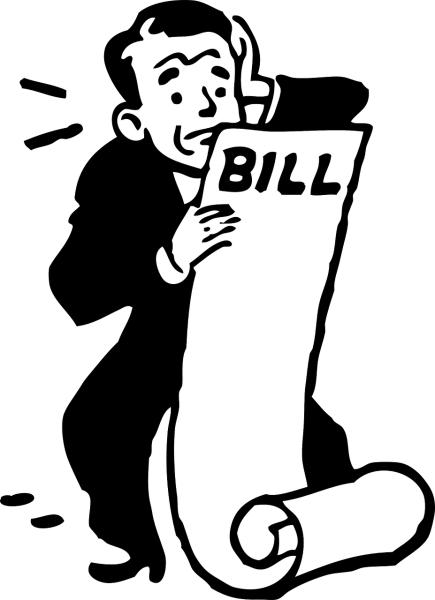You may have recently read about a teacher who was hospitalized and treated in Texas with four stents for an often fatal type of heart attack. His health insurance covered over $55,000 of the emergent stay while he was personally billed, repeatedly, for nearly $110,000. This unhealthy dose of inane irony of attempting to recover from a major life crisis while being further stressed, thereby undermining the triumphant medical care he received, by the financial worry is a redundant pattern taking place throughout the country all the time to varying degrees. It’s no surprise that due to early media involvement and likely imminent public uproar, the hospital system miraculously, but ambiguously, claimed he was eligible for a “financial assistance discount” which dropped his previously debt collection-bound inflated bill down to just below $800.
Without getting further into the weeds of this specific account, it should be noted this story resulted from a combination of surprise billing and balance billing which create loopholes in the health system and insurer in- and out-of-network dance ultimately leaving the “insured” consumer holding the bag. To learn more about the details of this situation, review the Kaiser Health News and NPR joint effort in their Bill of the Month series here.
The sad reality is when it comes to healthcare coverage, it tends to be the squeaky wheel that gets the grease. Insurers routinely use tactics of deny, deny, delay, delay because they know it exhausts patients and physicians and can alter behavior. Imagine being in excellent health and navigating the tedious, torturous fight. The flawed involvement and methods of these third parties literally banks on the fact that you will tire, tack on disease to the mix and many don’t have the will to do so. So they pay. In this instance, the health insurer paid $55,000 so it is not entirely to blame. However, the arbitrary nature of how a hospital bills and what insurers decide they wish to pay is an age-old battle and one way or another it is always the patient who pays.
The good news is you can win sometimes, often substantially. But, you have to be in the game. Persistence pays. Tenacity pays. Doing your homework on your own policy, hospital guidelines, local and state laws while performing comparison-shopping research all will benefit you in your negotiation. Social and mainstream media have proven of late to ignite a fire in resolution of such events - for better or worse. Don't forget, maintaining copious notes is a highly useful and worthwhile task.
In a fantasy utopian world, possessing an insurance card would actually mean you are covered for any and all eventualities in the health realm. As upsetting as it is to realize we don’t live in such a place, there can’t be meaningful progress until this is uniformly understood. Saying someone is insured does not equal no out-of-pocket expenses and can’t prevent exorbitant personal costs. Due to the universal lack of transparency in pricing, the ballooning of third party pieces of the pie and the challenges of anticipating charges, especially in urgent and emergent situations, patients are best positioned and empowered when they become their own advocates replete with a resolve that is fastidious, purposeful and well-informed.




